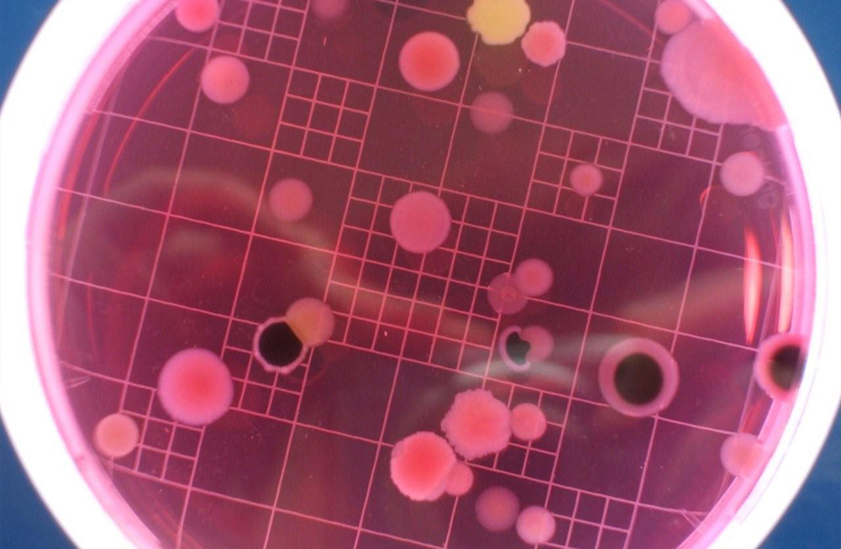
Development of a contact biocide polymer

Funding:
Research for the benefit of SME- 7th EU framework programme
Project Duration:
01.03.2009 – 28.11.2011
Project Manager:
Prof. Carsten Harms , Mirko Hänel
Homepage:
–
Across the supply and production chain of the food industry there is a common need for preventing and eradicating microbial contamination. Especially in the food processing and packaging industries it is of vital interest to guarantee that surfaces which come in contact with food and foodstuff are free of potentially hazardous micro-organisms. Implementing polymeric biocide materials on surfaces has a strong antimicrobial and anti-deposit effect. It can lead to improved cleaning and disinfection operations, inhibit the proliferation of microorganisms and allows a substantial extension of the shelf-life of packed foodstuff. In comparison to conventional antimicrobial agents, polymeric biocide materials are characterized by their chemical stability.
Since they are non-volatile, they do not release degradation products into the environment, do not affect the food´s flavor and have no tendency to develop bacterial resistance. Within the BIOSURF project amonifunctionalised norbornene polymers for the implementation as biocide antimicrobial are developed. Embedded in an inner surface of process equipment, they show a time- and cost-efficient way to prevent deposit (biofilms) on inaccessible positions. Furthermore, the partners plan to test a software-based monitoring system that documents the efficiency of the biocide surfaces.
The tools will be tested at the site of project partners from juice production and beer brewage under real conditions. The materials will be tested in different applications: on food contact/non-food contact thermoplastic surfaces and on food contacting/non-food contacting layers. Also surfaces that are not in direct contact with food may hinder the attachment of microorganisms. Active compounds in packaging material enhances food safety and quality and allows a substantial extension of the shelf-life. The effect derives from the adsorption of the polymer´s polycations onto the negatively charged cell membranes of microorganisms. Co-ordinator of the project is Technische Universität Graz.



